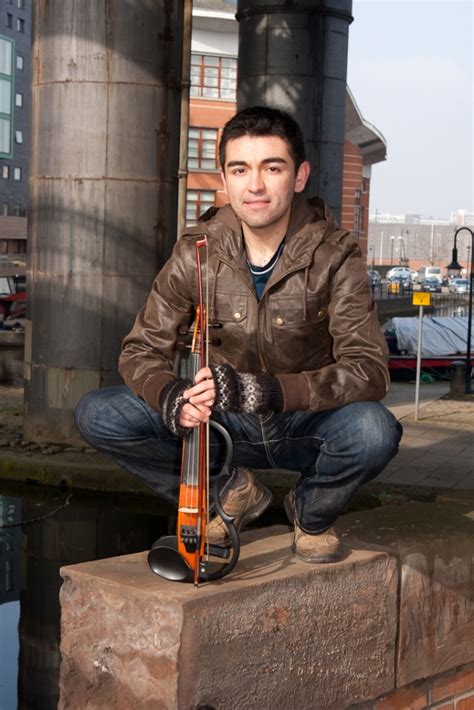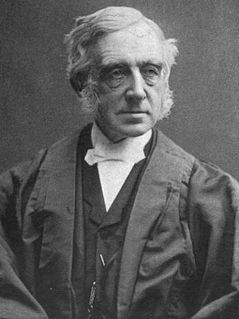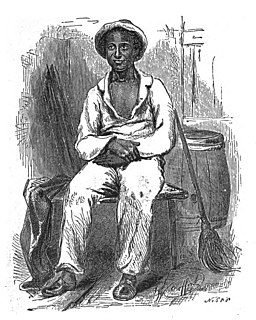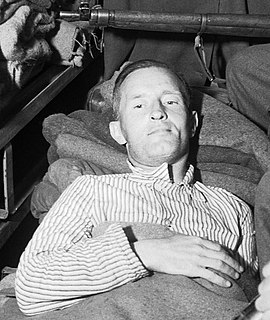A Quote by Muriel Wace
A child who is happy on his pony's back has something which will be to him a glorious memory that the years cannot dim.
Related Quotes
Fairy tales are loved by the child not because the imagery he finds in them conforms to what goes on within him, but because--despite all the angry, anxious thoughts in his mind to which the fairy tale gives body and specific content--these stories always result in a happy outcome, which the child cannot imagine on his own.
The boy will remain a son and never become a father. He will be forgotten by the crowd once his blood is rinsed clean from the ground; his sister will think of him but soon she will forget him, too. He will live on only in Han's memory, a child punished not for his own insincerity but someone else's disbelief.
I have heard of a monk who in his cell had a glorious vision of Jesus revealed to him. Just then a bell rang, which called him away to distribute loaves of bread among the poor beggars at the gate. He was sorely tried as to whether he should lose a scene so inspiring. He went to his act of mercy; and when he came back the vision remained more glorious than ever.
Perhaps some deep-rooted atavism urges the wanderer back to lands which his ancestors left in the dim beginnings of history. Sometimes a man hits upon a place to which he mysteriously feels that he belongs. Here is the home he sought, and he will settle amid scenes that he has never seen before, among men he has never known, as though they were familiar to him from his birth. Here at last he finds rest.
The prime function of the children's book writer is to write a book that is so absorbing, exciting, funny, fast and beautiful that the child will fall in love with it. And that first love affair between the young child and the young book will lead hopefully to other loves for other books and when that happens the battle is probably won. The child will have found a crock of gold. He will also have gained something that will help to carry him most marvelously through the tangles of his later years. Roald Dahl
It is not the fault of the slaveholder that he is cruel, so much as it is the fault of the system under which he lives. He cannot withstand the influence of habit and associations that surround him. Taught from earliest childhood, by all that he sees and hears that the rod is for the slave's back, he will not be apt to change his opinions in maturer years.
Step back in time; look closely at the child in the very arms of his mother; see the external world reflected for the first time in the yet unclear mirror of his understanding; study the first examples which strike his eyes; listen to the first words which arouse within him the slumbering power of thought; watch the first struggles which he has to undergo; only then will you comprehend the source of his prejudices, the habits, and the passions which are to rule his life. The entire man, so to speak, comes fully formed in the wrappings of his cradle.
For a young man, sleep is a sure solvent of distress. There whirls not for him in the night any so hideous phantasmagoria as will not become, in the clarity of the next morning, a spruce procession for him to lead. Brief the vague horror of his awakening; memory sweeps back to him, and he sees nothing dreadful after all. "Why not?" is the sun's bright message to him, and "Why not indeed?" his answer.
It is as his own mind comes into contact with others that truth will begin to acquire value in the child's eyes and will consequently become a moral demand that can be made upon him. As long as the child remains egocentric, truth as such will fail to interest him and he will see no harm in transposing facts in accordance with his desires.
Ruthven surmised that he had hit upon some of the central deceptions which had wrecked him and reduced him and so many of his colleagues to this condition. To surmise was not to conquer, of course; he was as helpless as ever but there was a dim liberation in seeing how he had been lied to, and he felt that at least he could take one thing from the terrible years through which he had come: he was free of self-delusion.


































